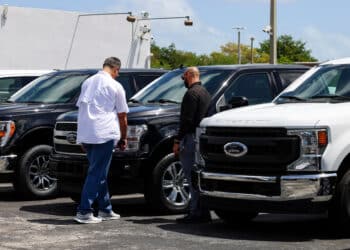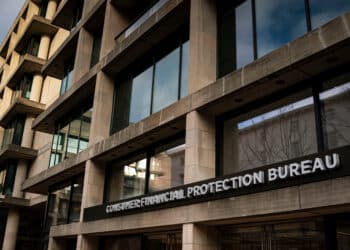Keep an Eye on CFPB Examiners — Literally

A trio of experts in a recent webinar hosted by the Center for Auto Finance Excellence said in terms of policies governing physical access, CFPB examiners should be treated like any other non-employee visitor on the lender’s premises.
“We don’t want anyone who is not an employee to be wandering the buildings … they should have their i.d. at all times,” said Jennifer Hampson, a regulatory exam specialist at VW Credit Inc., in the webinar.
“You have to be protective of the rest of the business,” she said. CFPB examiners should be provided with a conference room with all the desk space, telephones, and possibly outside computer connections they require; plus easy access to the lender’s compliance staff, easy access in and out of the building, not to mention access to bathrooms, she said.
If the examiners need to go somewhere outside their own designated work area, they should notify the lender’s designated contact person. “I can escort them,” Hampson said.
Trisha Cacciola, a partner with Hudson Cook, a Hanover, Md., law firm that specializes in consumer finance law, said the lender’s chief compliance officer is probably the best candidate to be “gatekeeper” for CFPB examiners. When and if the examiners ask to question staff, “the compliance person should be in the room,” she said.
Nonbanks are subject to CFPB examination as soon as the bureau’s Larger Participants rule takes effect. The new rule defines “larger participants” as auto lenders that originate a combined 10,000 auto loans or leases per year. The CFPB estimates that the definition applies to 38 lenders representing 91% of total outstandings among nonbank auto lenders.
The CFPB already oversees banks and credit unions with more than $10 billion in assets. The Federal Reserve supervises smaller banks and credit unions. State bank examiners have been in charge of non-banks.













